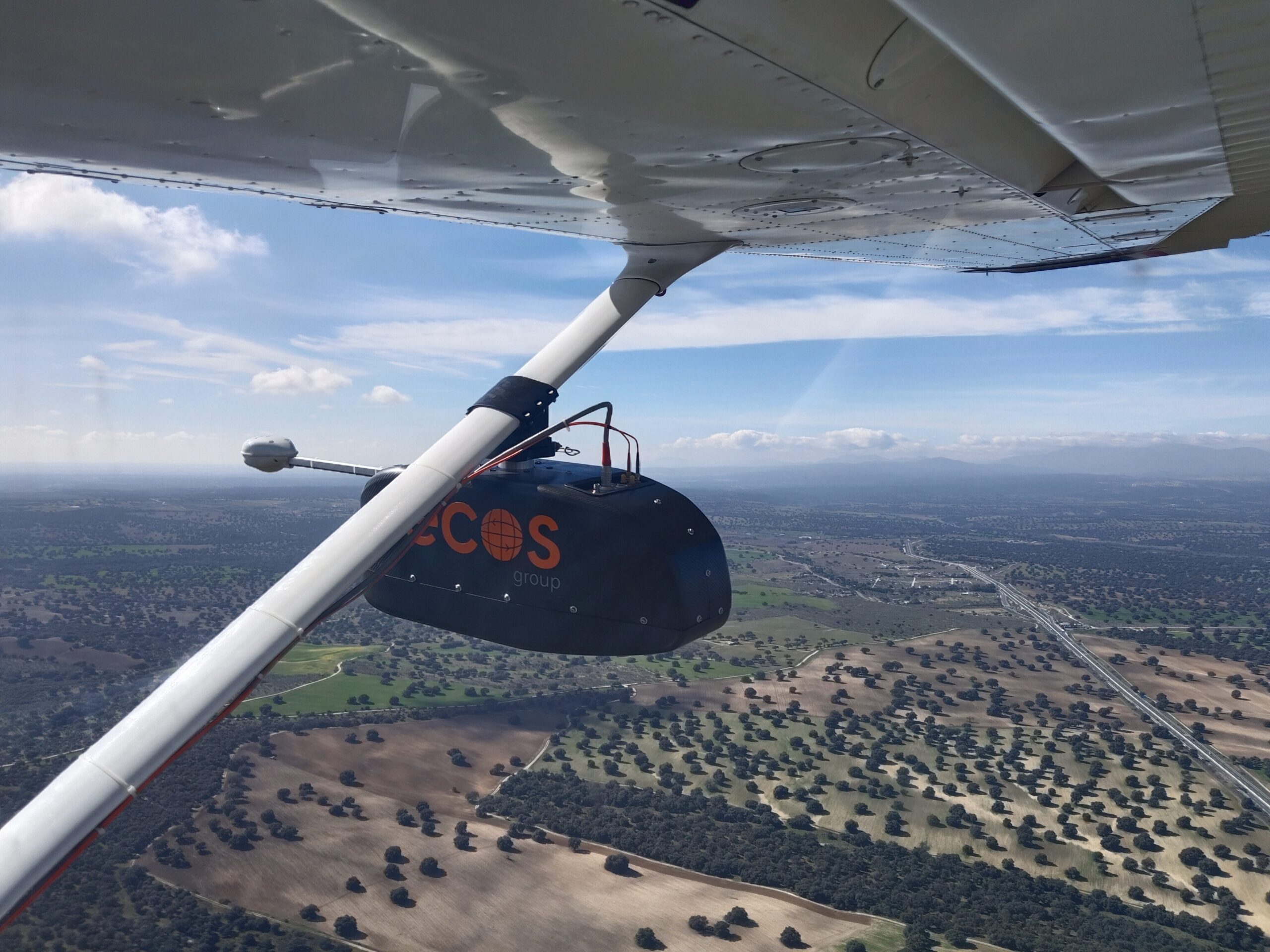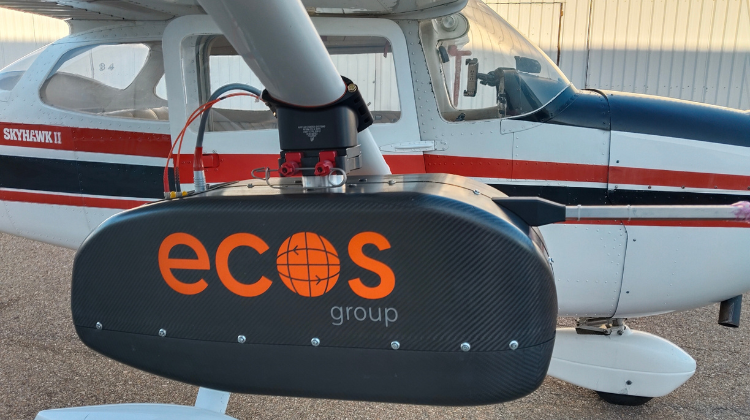The global expansion of offshore wind energy faces a critical challenge: ensuring rigorous environmental studies that reconcile the energy transition with biodiversity protection. From the Canary Islands, ECOS Group introduces ECOS DAS (Digital Aerial Surveys), a technological innovation that promises to transform this process through the use of optical sensors, lidar and artificial intelligence.
“It is a system of high-resolution cameras and lidar to characterise bird populations and marine megafauna in offshore areas,” states Manuel Ruiz de la Rosa, Director of the organisation.
Speaking to Strategic Energy Europe, the executive explains that the tool has been designed to provide information at all stages of a project: from baseline studies and construction, to the operation and maintenance of offshore wind farms. The key lies in its ability to operate at 500 metres altitude, avoiding any interaction with wind turbines and enabling species to be identified with precision.

An efficient alternative to traditional studies
Until now, environmental characterisation relied on ship-based campaigns that could take several days, subject to weather conditions and with high operational costs. With ECOS DAS, the process is drastically shortened: using light aircraft equipped with sensors, the system can cover vast areas in little time, with data automatically processed through machine learning algorithms trained with expert criteria.
“The system allows the development of both fixed and floating wind farms with greater accuracy, and with the ability to collect data at heights above the prototypes of turbines over 20 MW,” explains Ruiz de la Rosa.
The result is a faster, traceable and replicable data flow that optimises time and minimises the carbon footprint of environmental studies. Moreover, by avoiding interference in sensitive areas, safety and reliability of results are enhanced.
A multidisciplinary development with Canary Islands seal
The creation of ECOS DAS is the result of more than a year of R&D&I work involving biologists, ornithologists, engineers, specialists in geographic information systems and artificial intelligence experts. The device is structured around three main pillars:
- Digital aerial data collection, with modules installable on light aircraft.
- Intelligent data processing, based on big data and AI algorithms.
- Geospatial visualisation, integrating results into GIS platforms to generate density maps, distribution maps and species routes.
“The system has the capacity to be a ‘plug & play’ solution adaptable to any type of aircraft with ease,” highlights the Director of ECOS Group.
A key role in the process has been played by Aerolaser System, ECOS’s technological partner and specialist in topography and aerial imaging applied to monitoring high-voltage networks.
Value for wind developers and new applications
ECOS DAS is not limited to the initial stages of studies. By offering standardised, repeatable surveys free from maritime constraints, it becomes a tool that supports the entire lifecycle of an offshore wind farm. This approach helps developers to meet stringent environmental regulations, reducing costs and accelerating decision-making in increasingly competitive markets.
“We are already entering tenders for environmental monitoring of offshore wind areas,” confirms Ruiz de la Rosa. The system is already in commercial phase and operational, consolidating itself as a pioneering solution in the sector.
The goal of ECOS Group is to position itself as a leader in digitalised marine environmental monitoring in Southern Europe, with expansion plans towards the North Sea, France, Germany, Ireland and Latin America.
Beyond wind energy, the versatility of ECOS DAS opens new opportunities in sectors such as offshore aquaculture, conservation of marine protected areas and port management, strengthening its role within the blue economy.
“This type of system represents a tool to reconcile the development of large-scale wind farms with the protection of marine biodiversity,” stresses the ECOS Group executive.






























